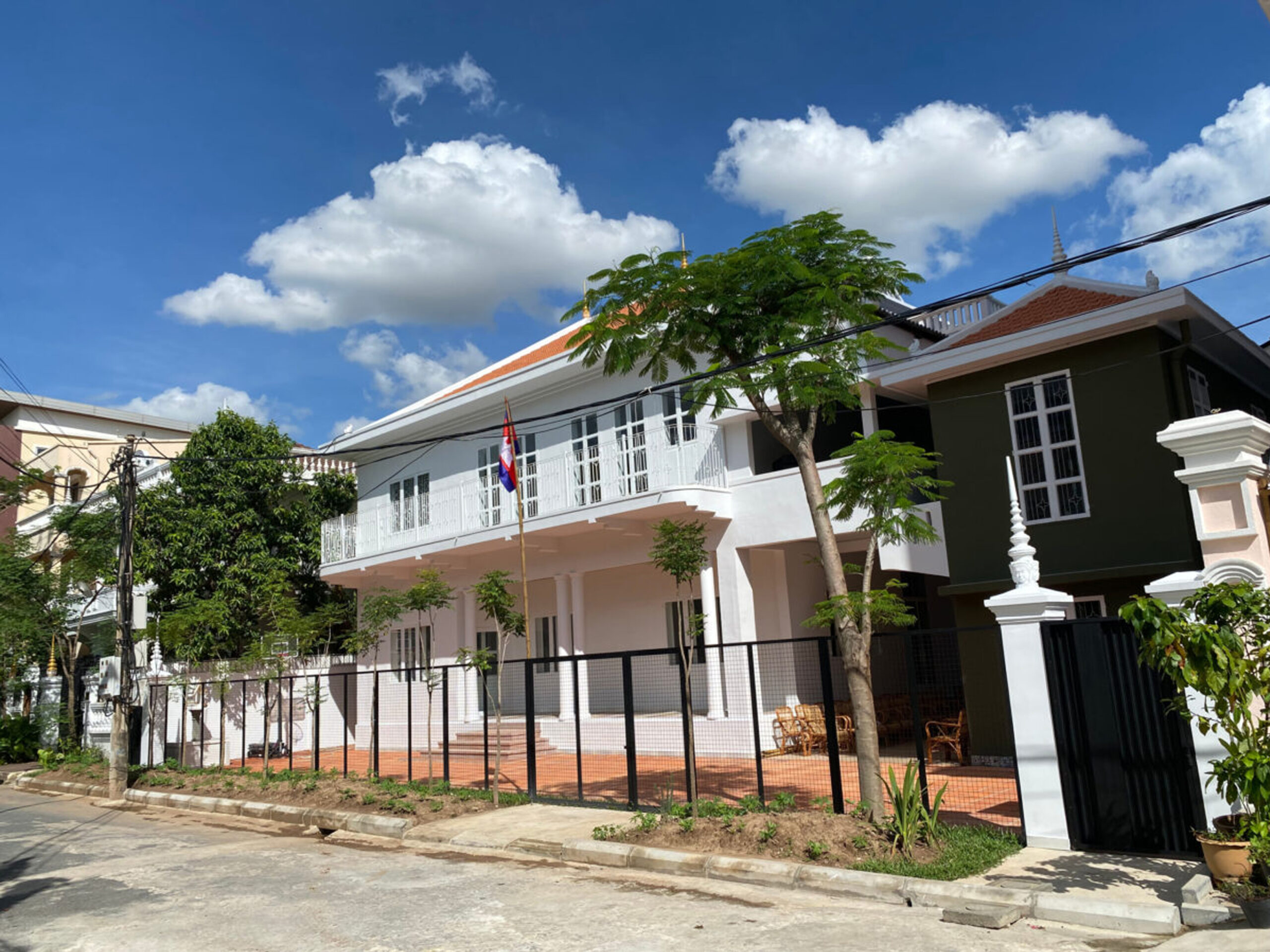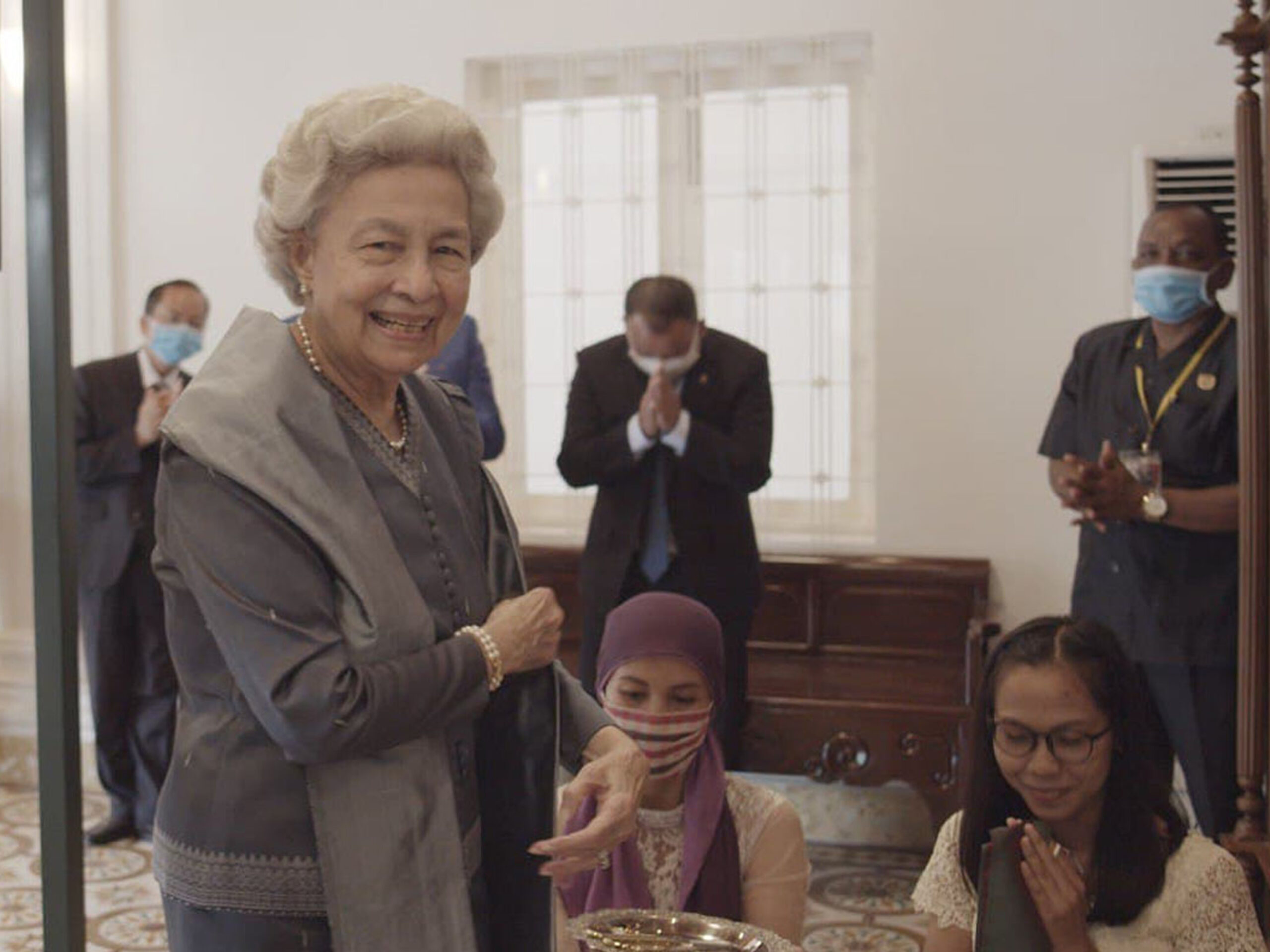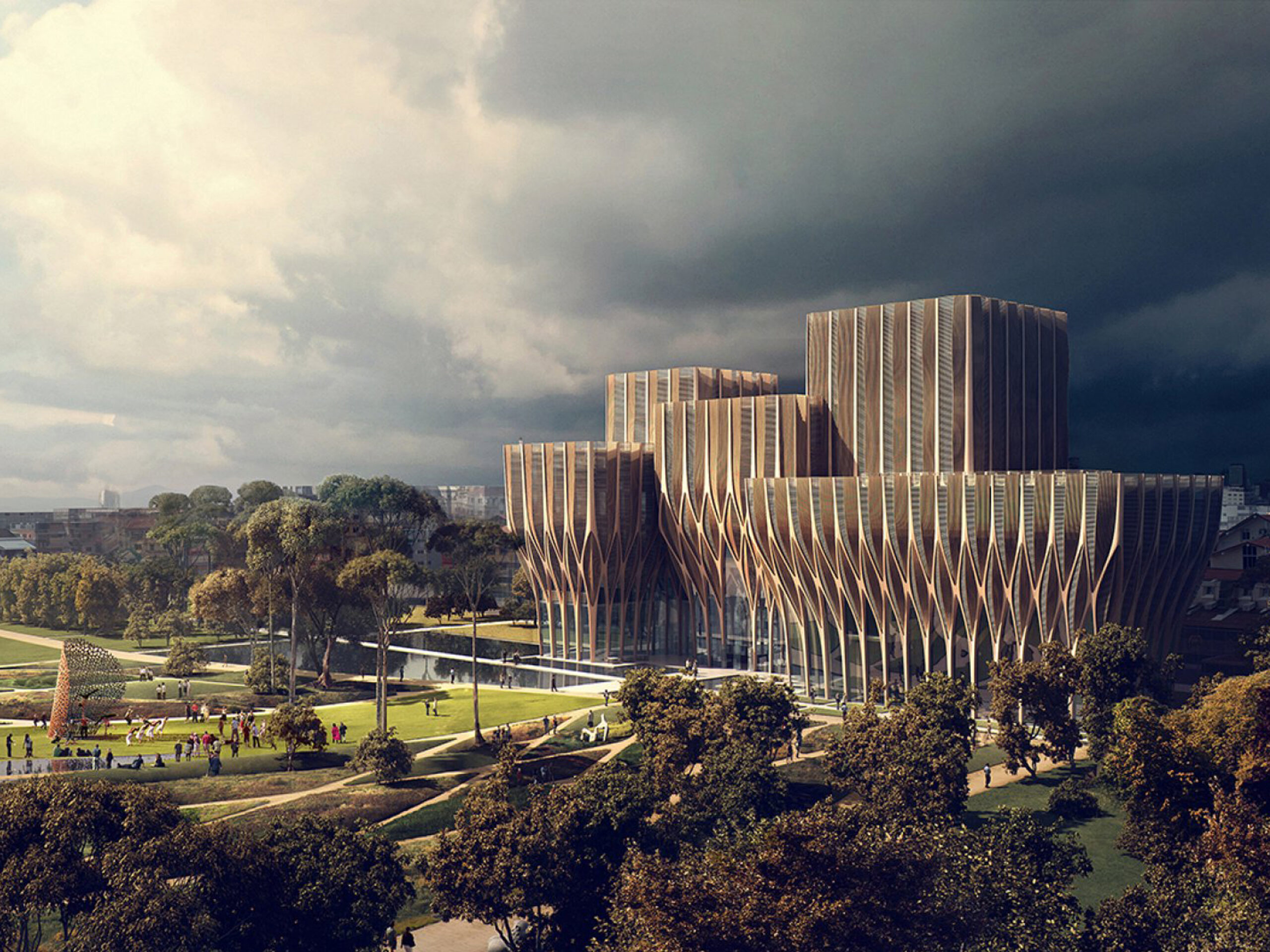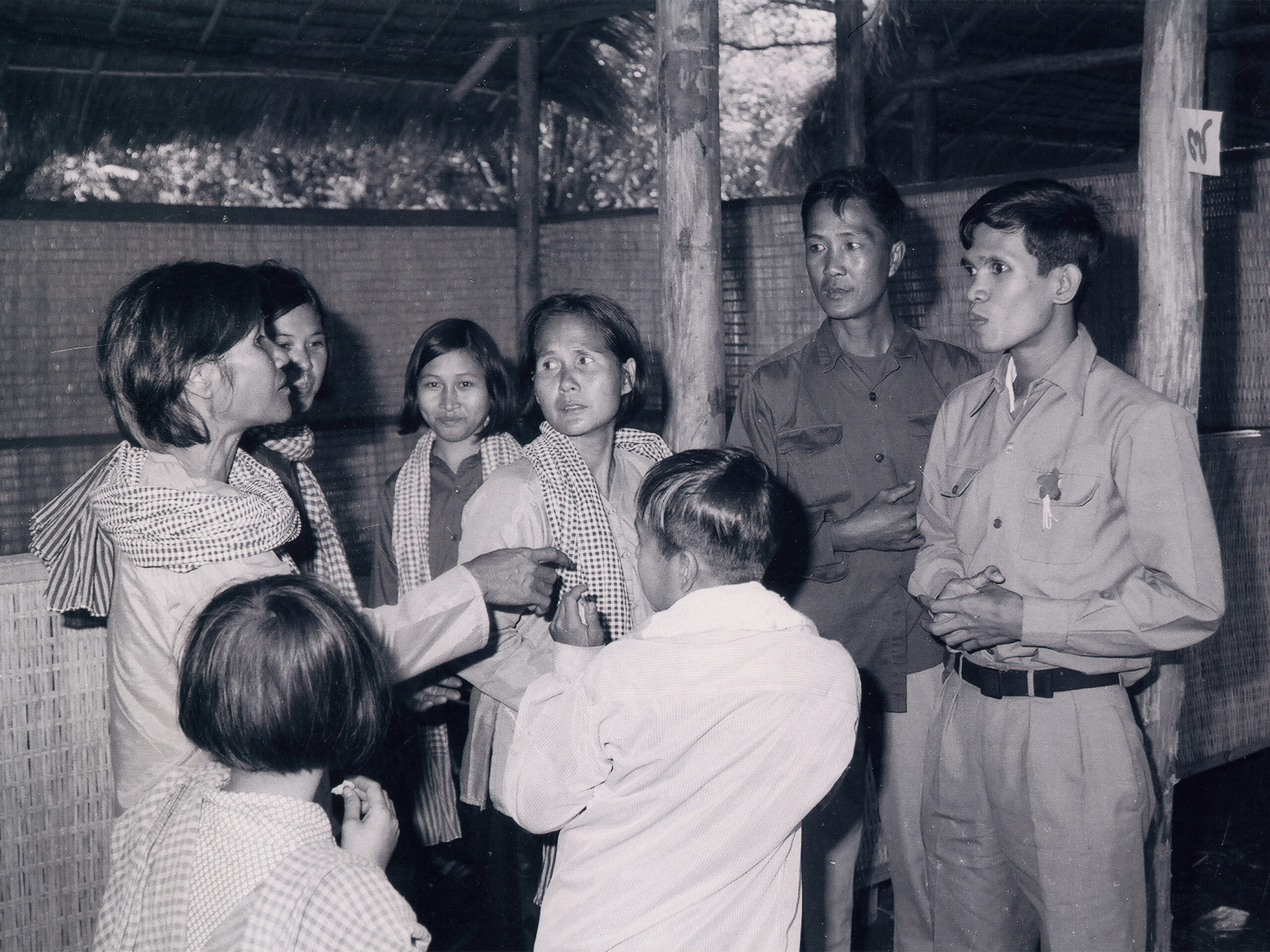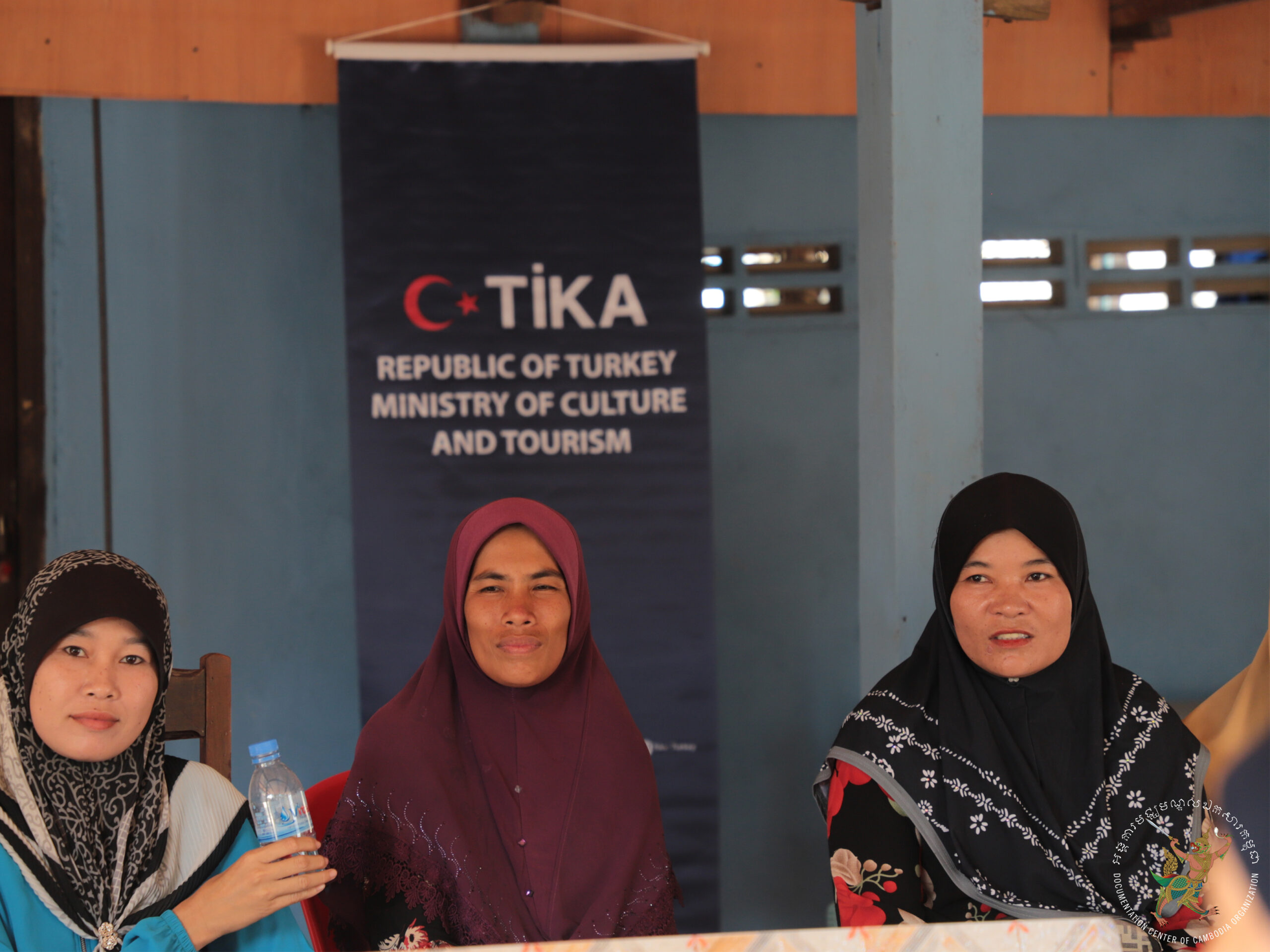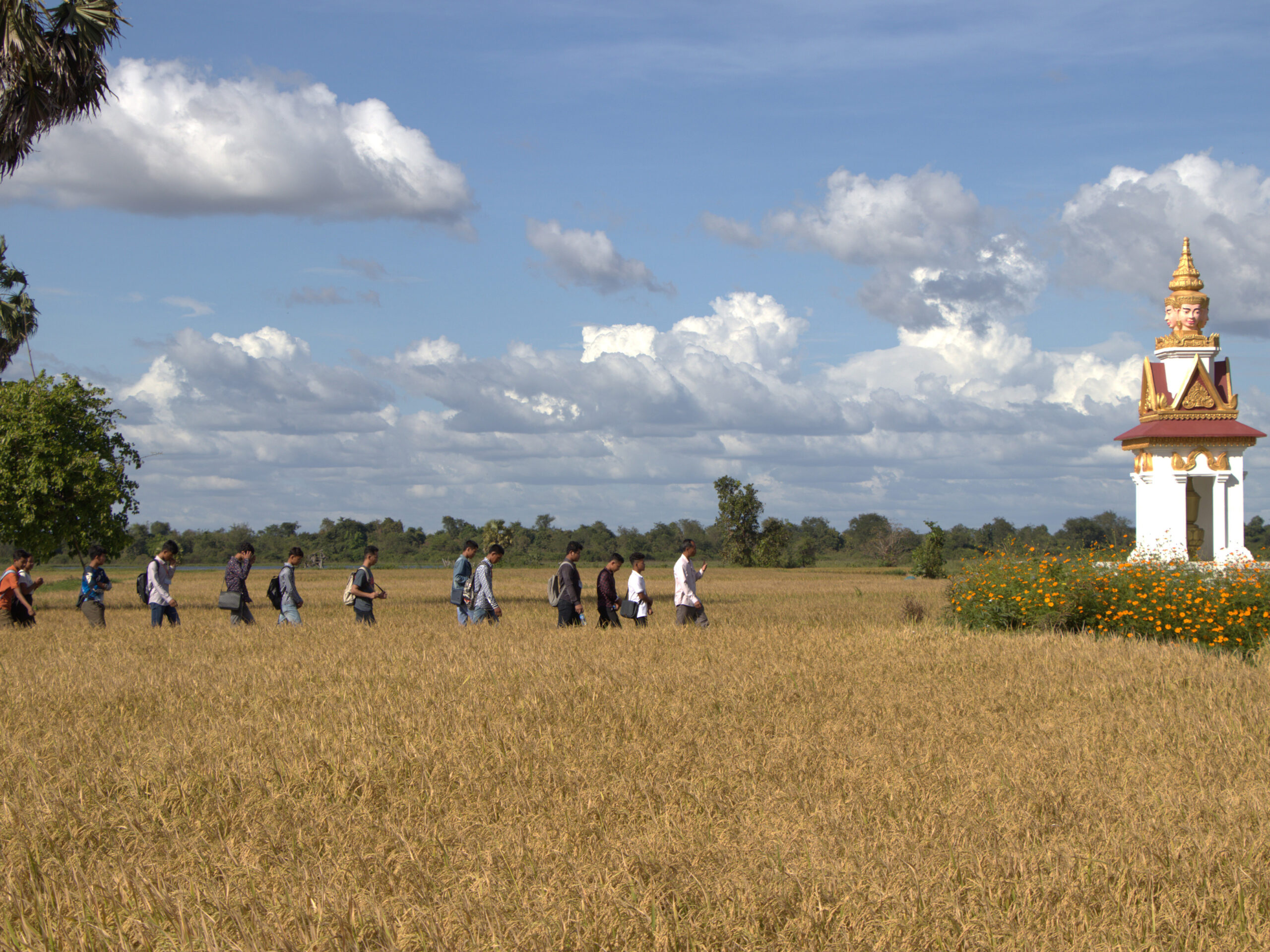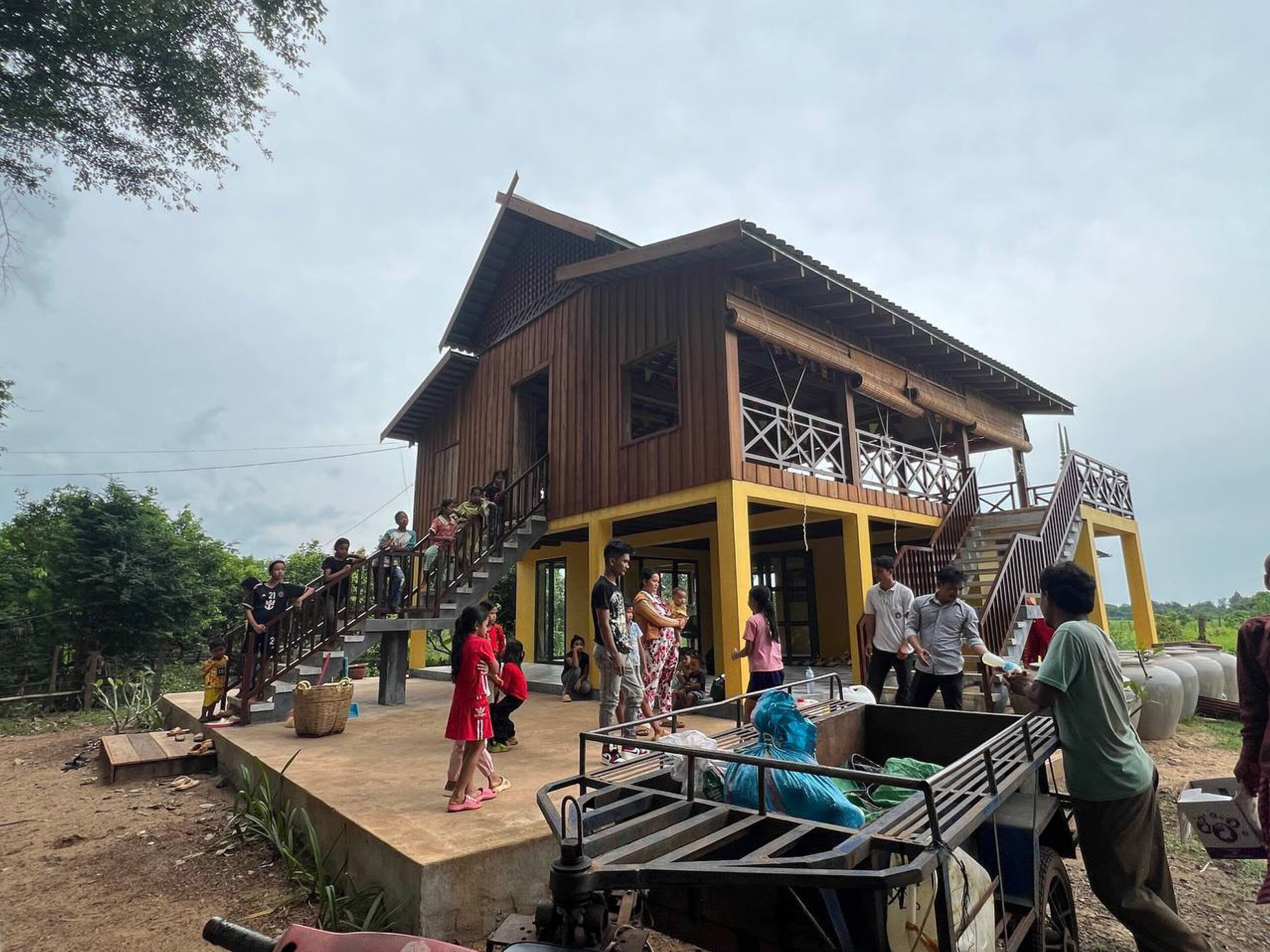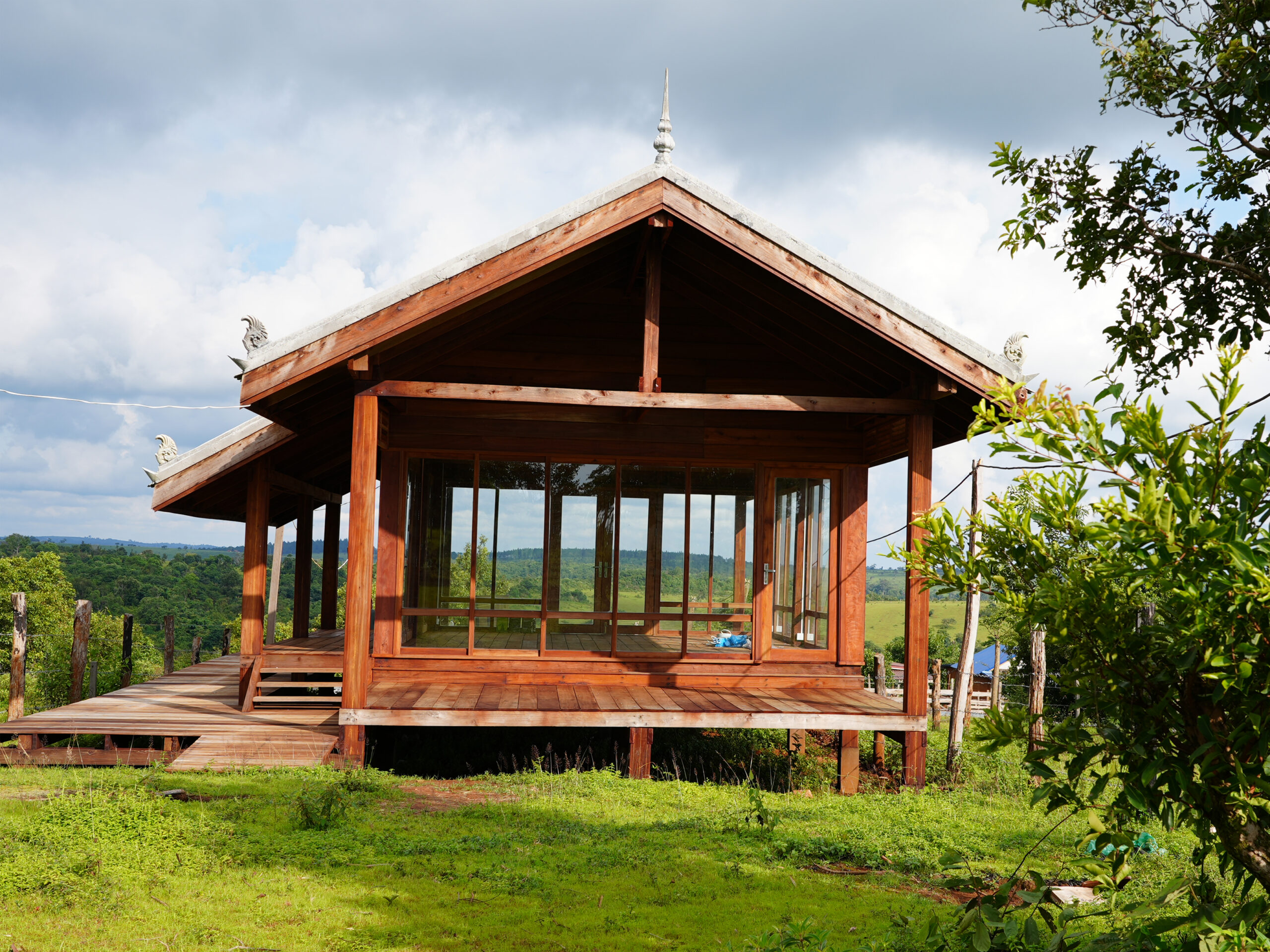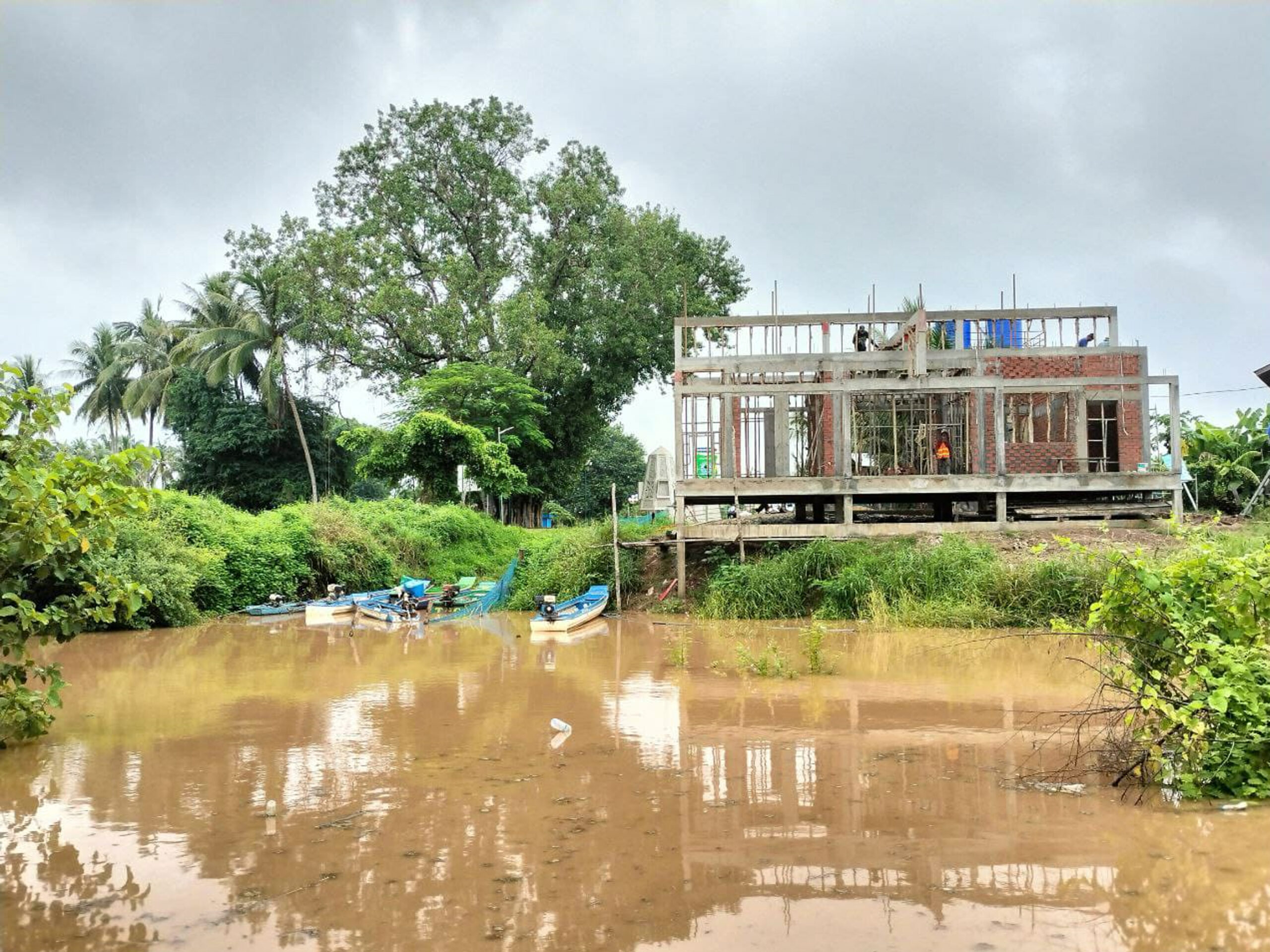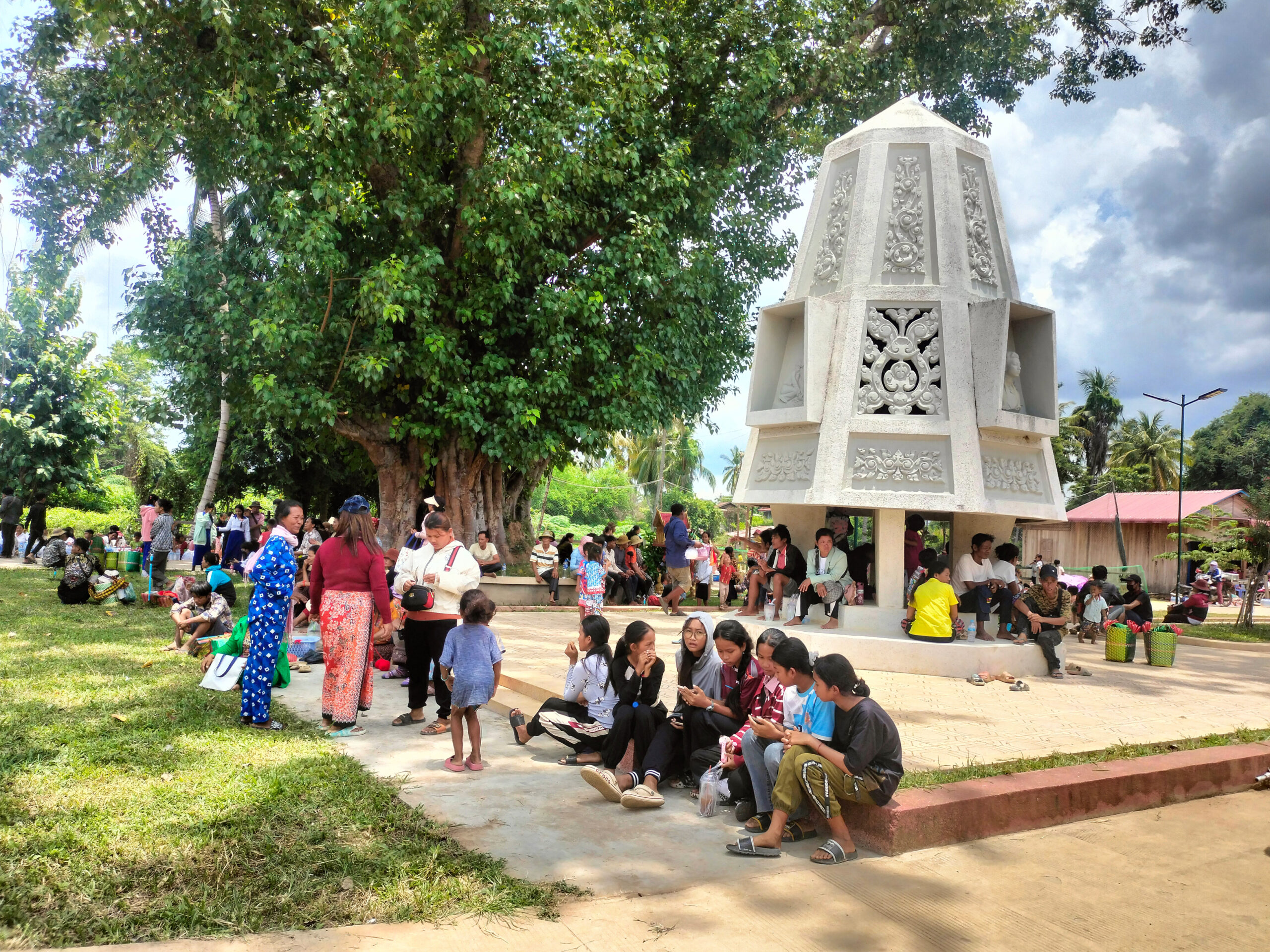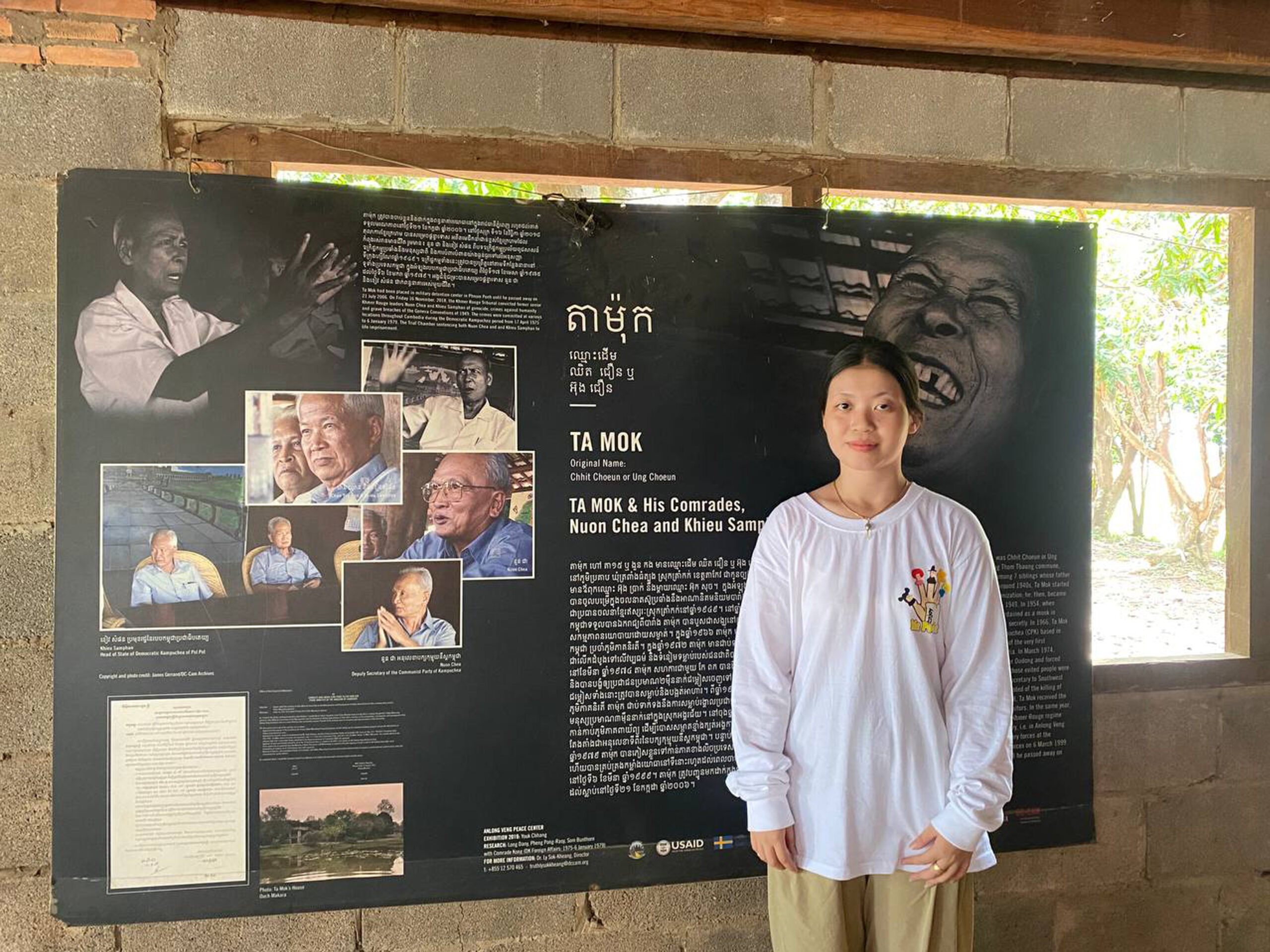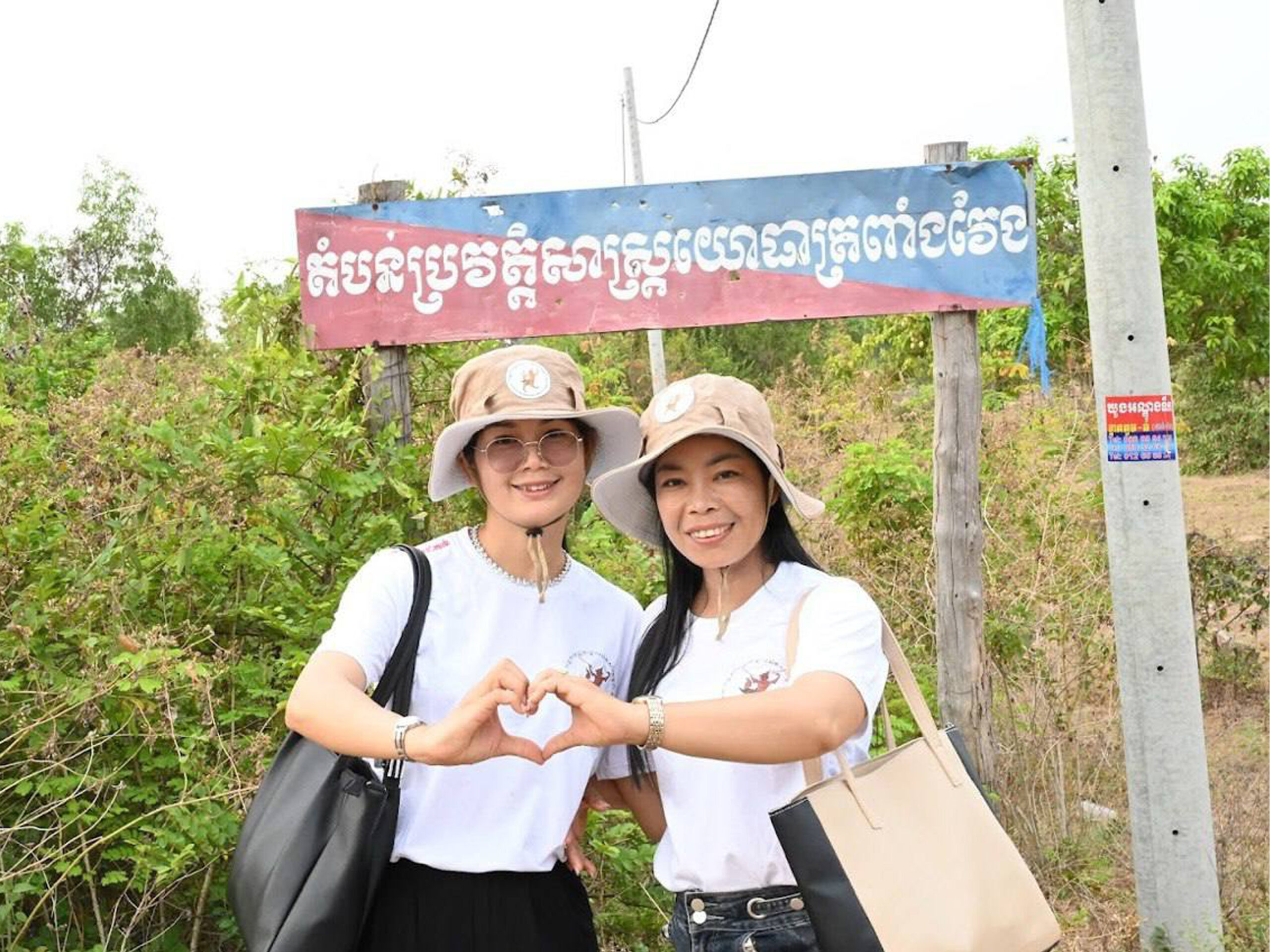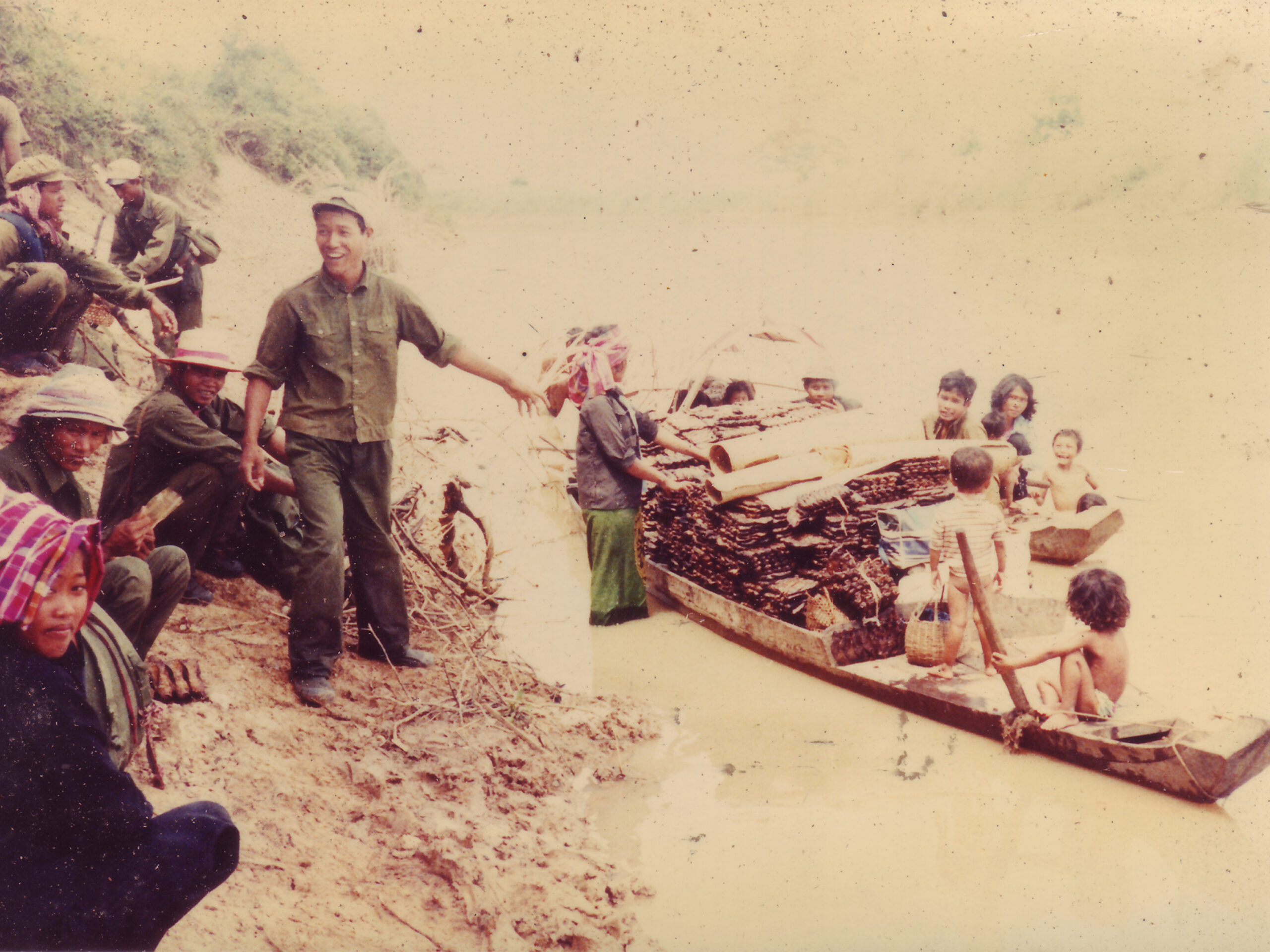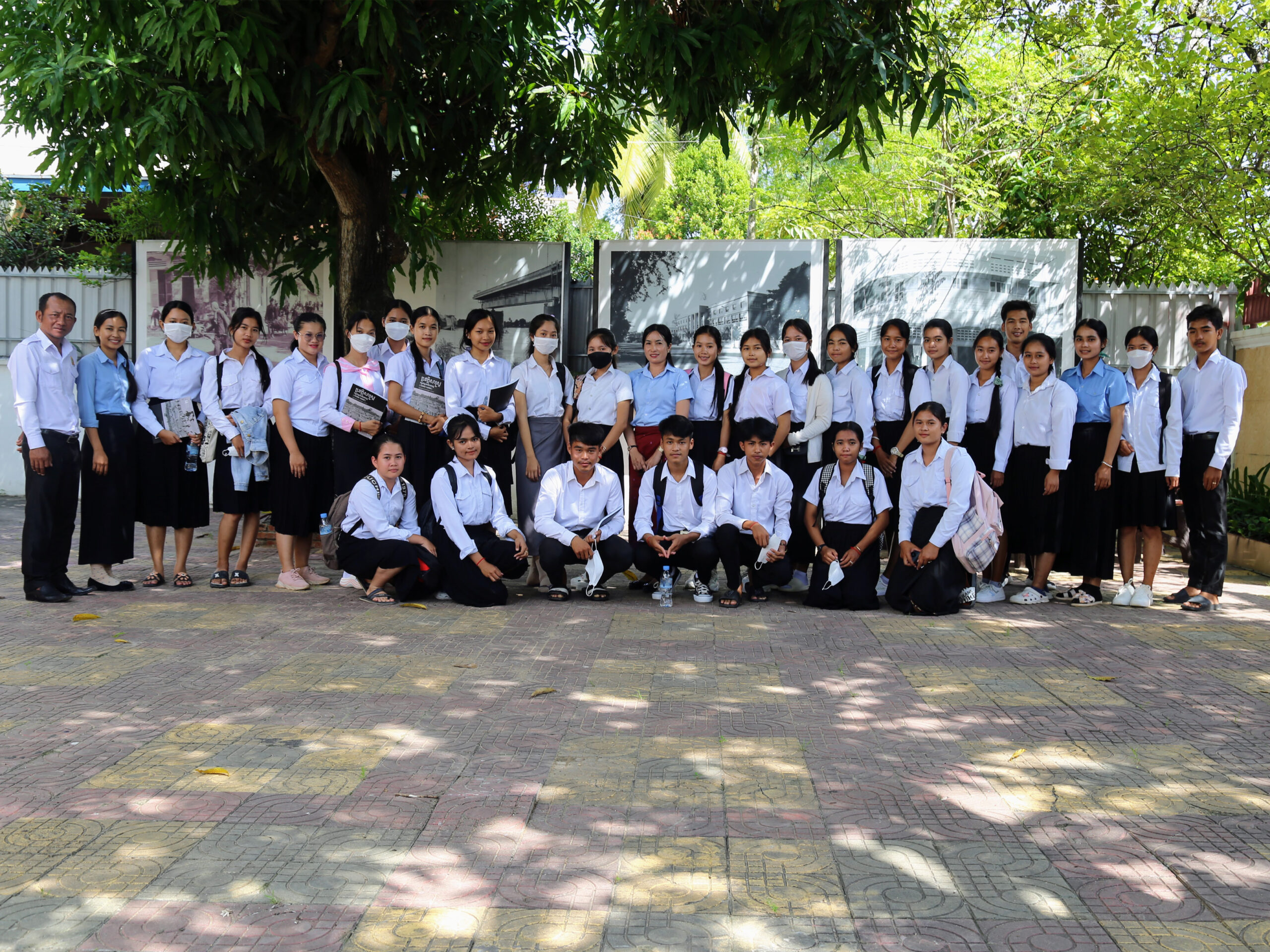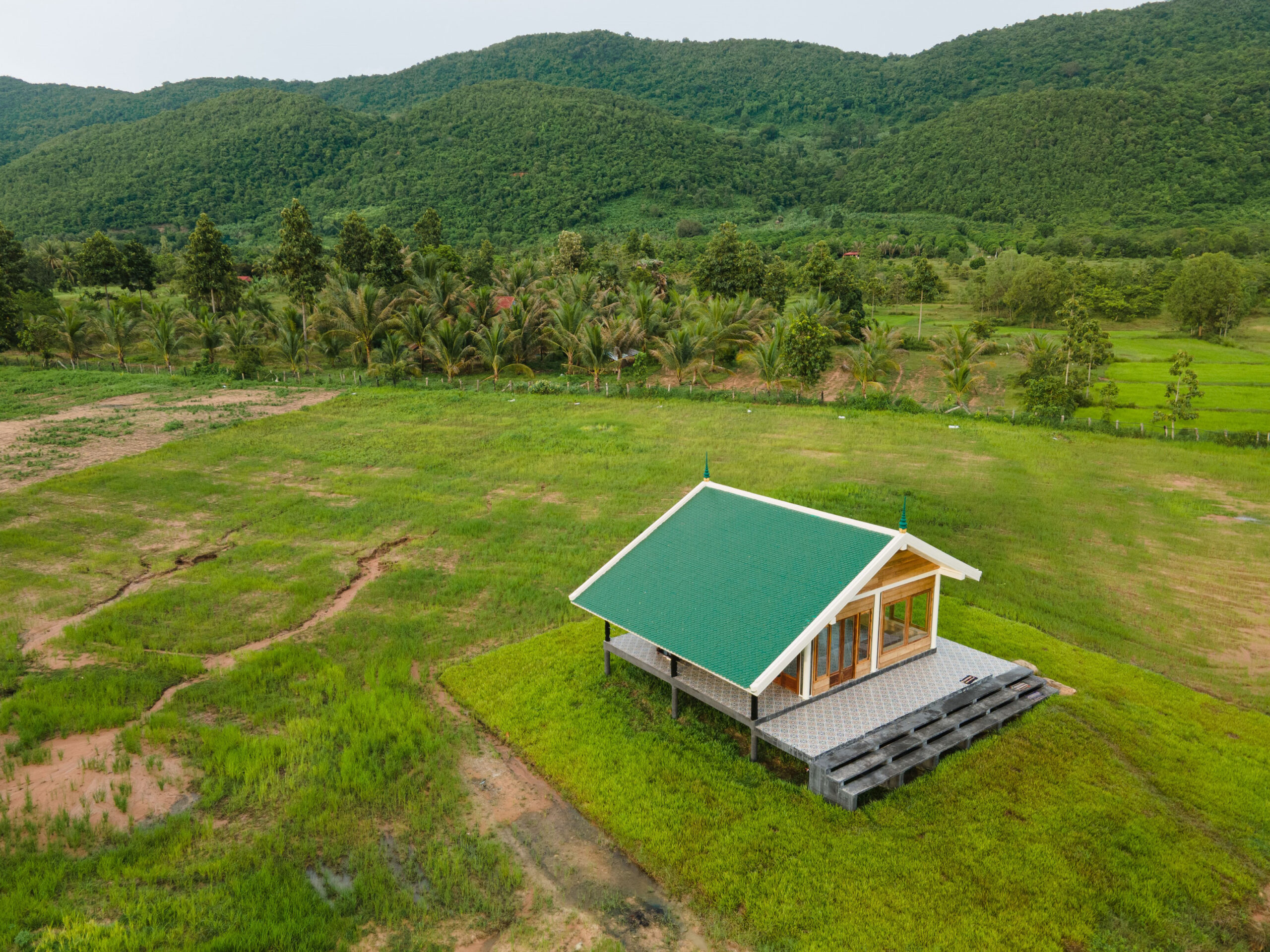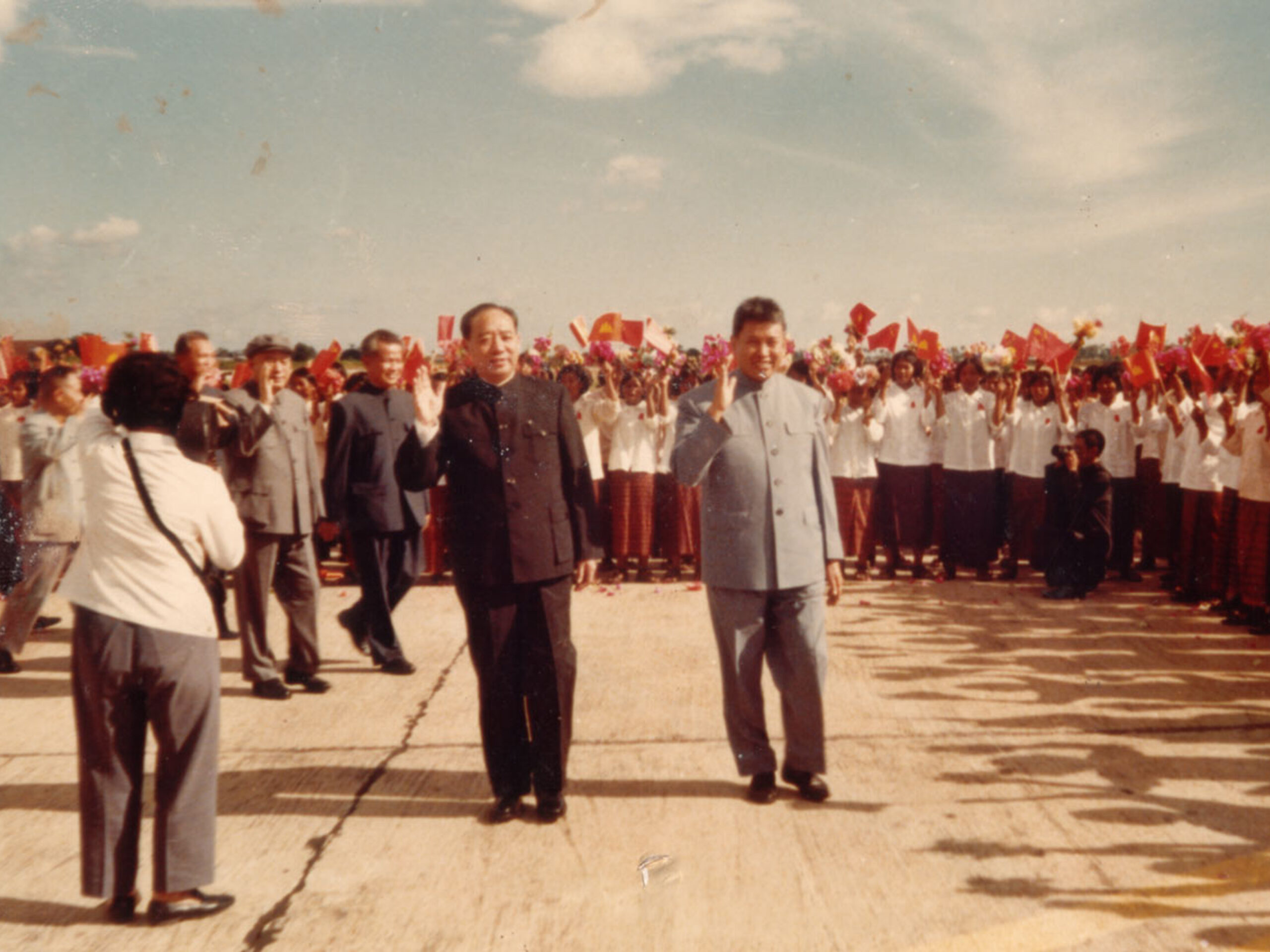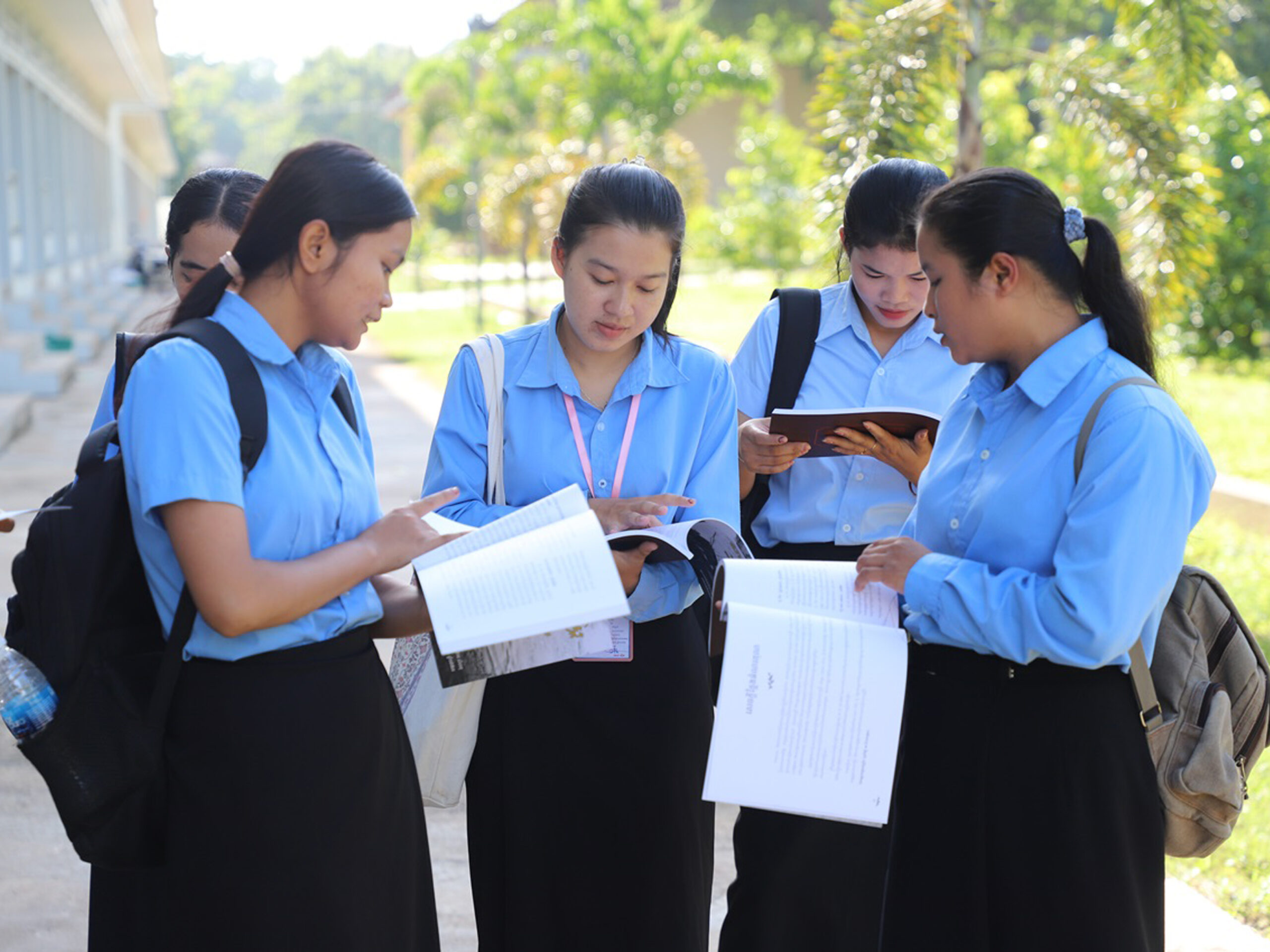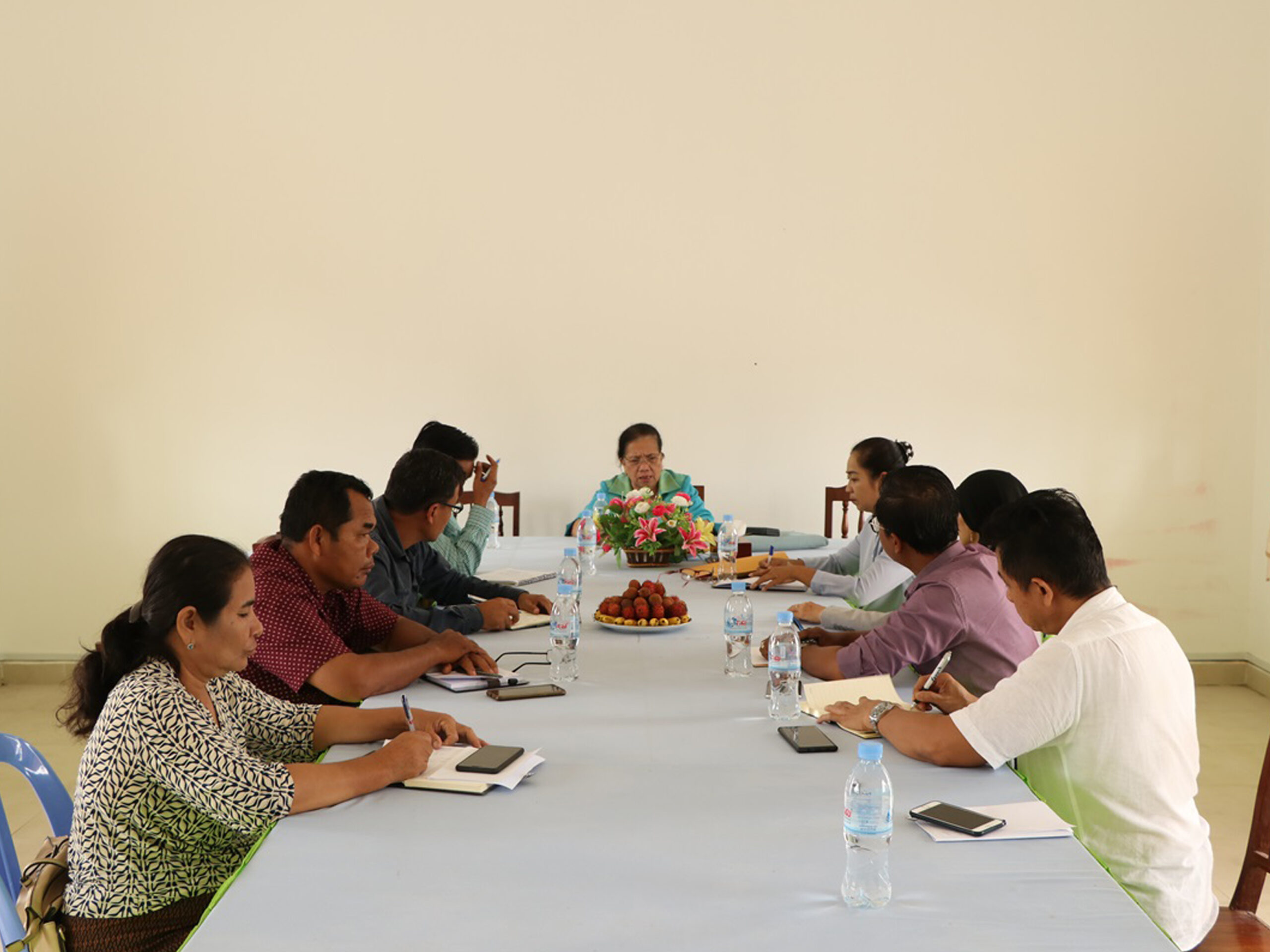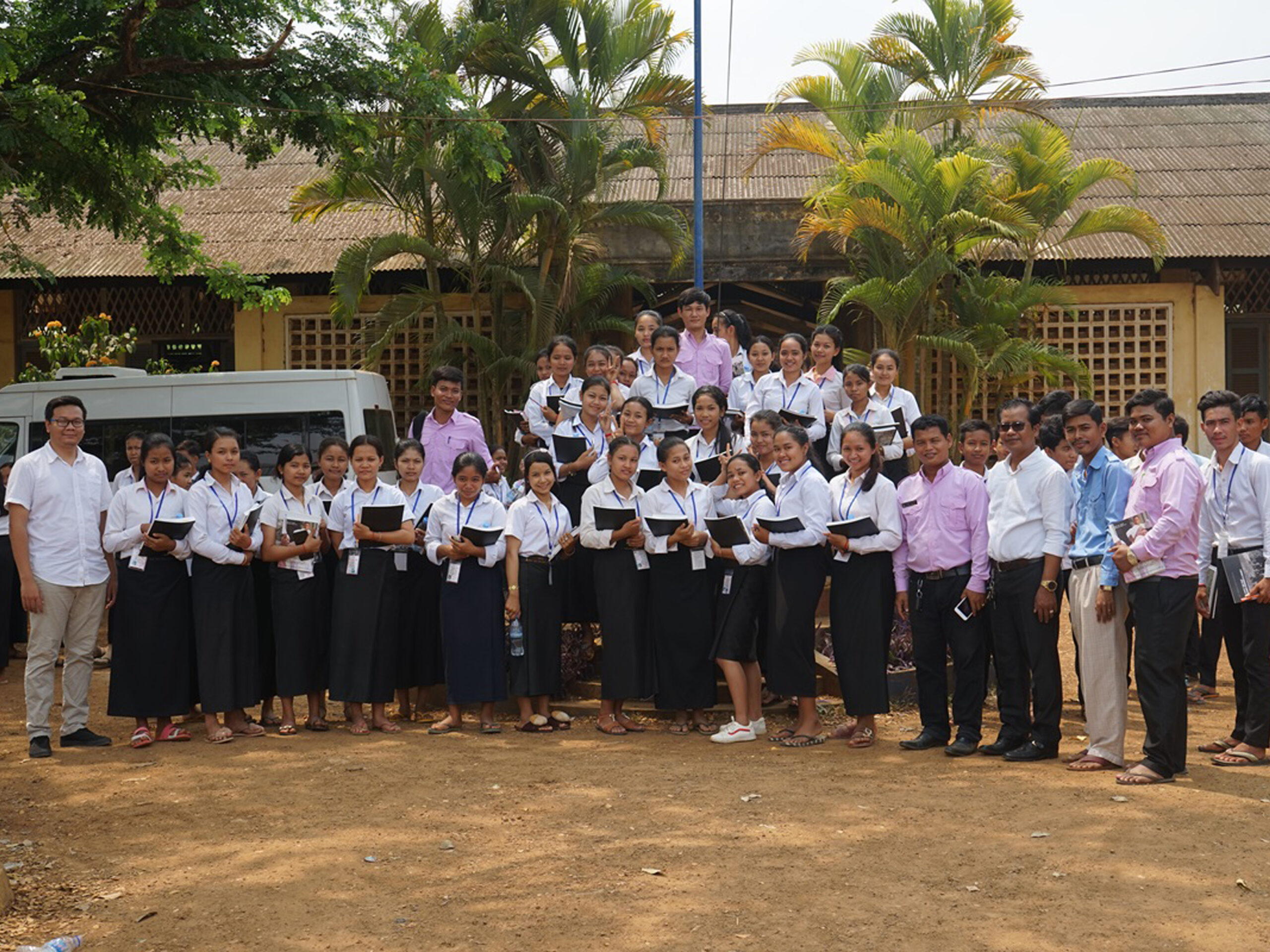Development
Repairing and restoring the unprecedented damage to the fabric of Cambodian society wrought by the disastrous Khmer Rouge regime have progressed significantly since 1979. National healing and recovery programs originated by its founding organization, the Documentation Center of Cambodia, have achieved significant success. Building on them, S professional researchers will examine the elements of social and political disruption that propel societies toward genocide and mass atrocity crimes. In tandem, our professional educators will develop early warning protocols that identify such elements and use them to train government and military leaders. Teams of our researchers also will examine how civil society institutions can merge their efforts to minimize the factors that provoke social and political disruption. Our educators will convert those analyses into curricula to be used in training programs for civil society organization leaders. These proactive development efforts reflect our long-range commitment to minimize the likelihood of vulnerable countries stumbling onto the destructive paths that risk ending in genocide and mass atrocity crimes.
A corollary of the Sleuk Rith Institute’s institutional development efforts is research and education in Cambodia’s vast human potential reflected in Cambodia’s youthful population. The country’s considerable human resources are underutilized for reasons having to do with poverty, lack of educational opportunity, and the lack of communications, business, and transportation infrastructure in Cambodia’s remote towns and villages. Our researchers will analyze how the country can better develop and deploy the native abilities and intellect of Cambodian youth. Utilizing their research and data, they will collaborate with our educators to design new curricular models, develop head-start programs for disadvantaged children, experiment with special schools for gifted and talented students and advanced-placement models. They also will study the sociological dimensions of how to improve parental education and outlook models to build strong families and communities throughout Cambodia’s non-metropolitan provinces.


